Are you gearing up for your immigration journey and feeling a bit overwhelmed by the paperwork? Crafting an authorization letter can be a crucial step in ensuring your application moves smoothly through the process. This letter serves as a formal permission slip, allowing someone to handle specific tasks on your behalf, which can save you time and stress. Ready to learn more about how to create an effective immigration authorization letter? Let's dive in!
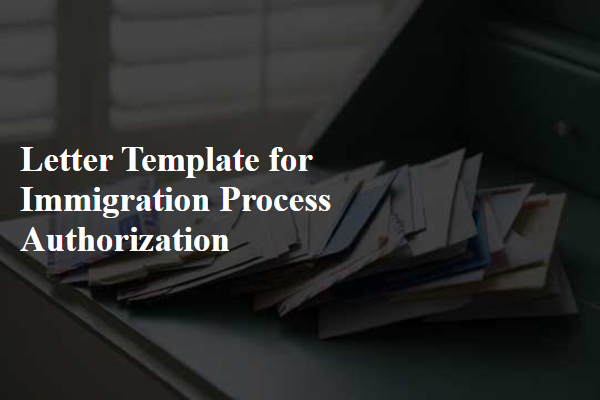
Applicant's Personal Information
The immigration process often requires the submission of personal information details for applicants seeking to obtain legal residency or citizenship status. Important identifiers such as the full name of the applicant (first, middle, last), date of birth (e.g., January 1, 1990), place of birth (city and country), and current residential address (number, street, city, state, ZIP code) are essential for verification. Additional information includes the applicant's nationality and the citizenship status held, along with relevant contact details like phone number and email address. This information facilitates the processing of applications by immigration authorities, ensures compliance with legal standards, and aids in the assessment of eligibility for required visas or residency permits.
Purpose of Authorization
The purpose of authorization for immigration processes involves granting permission for an individual to undertake specific actions related to their immigration status, such as applying for residency or citizenship. This authorization is crucial for various applications, including work permits, family reunification requests, or asylum petitions. Important documents may include Form I-797 (Notice of Action), which serves as an official notice from the U.S. Citizenship and Immigration Services (USCIS). Furthermore, this process facilitates access to legal assistance and ensures that individuals comply with immigration laws, thereby allowing them to seek opportunities for employment, education, and safe living conditions in their destination country. Proper authorization can significantly expedite processing times and streamline communication between applicants and immigration authorities.
Relevant Identification Details
The immigration process requires specific identification details to establish an applicant's identity and eligibility. Essential elements include a valid passport number, issued by the country of origin, containing country-specific security features to prevent forgery. Another crucial identification component is the Social Security Number (SSN), a unique identifier issued by the United States government to track individual earnings and benefits. Documents such as birth certificates, which may need an apostille for international acceptance, play a significant role in verifying age and parentage. Additionally, marriage certificates, if applicable, provide necessary context for family-based immigration visas, illustrating the applicant's current marital status. Finally, photographs that meet visa application specifications must be submitted, adhering to strict guidelines regarding size, background color, and attire.
Authorized Representative Information
The immigration process often requires the designation of an authorized representative to assist with applications and legal counsel. An authorized representative, typically an attorney or accredited individual, must be clearly identified to ensure compliance with immigration policies. Essential details such as full name, contact information (address, phone number, email), and professional qualifications should be included. Providing the representative's organization, if applicable, and their role in the process can facilitate efficient communication. Additionally, submitting a signed Form G-28 (Notice of Entry of Appearance as Attorney or Accredited Representative) is vital for formalizing the authorization, which ensures that all correspondence related to the case is directed to the representative. Properly completed and documented information supports a smooth immigration process for individuals seeking residency or citizenship in countries such as the United States.
Duration and Scope of Authorization
The Duration and Scope of Authorization refers to the specific time frame and extent of permissions granted for an immigration case, such as work permits or residency applications. Immigration authorities, such as the United States Citizenship and Immigration Services (USCIS) or the UK's Home Office, define these terms clearly. Authorization duration can range from temporary permits valid for a few months to permanent residency status that does not expire. Scope includes activities permitted under the authorization, such as employment categories (full-time or part-time jobs) or education status (full enrollment in a degree program). Misunderstanding these parameters can lead to compliance issues, affecting visa status or residency rights. It is essential for applicants to review the specific guidelines provided by immigration authorities to ensure compliance and maintain lawful status during their stay.

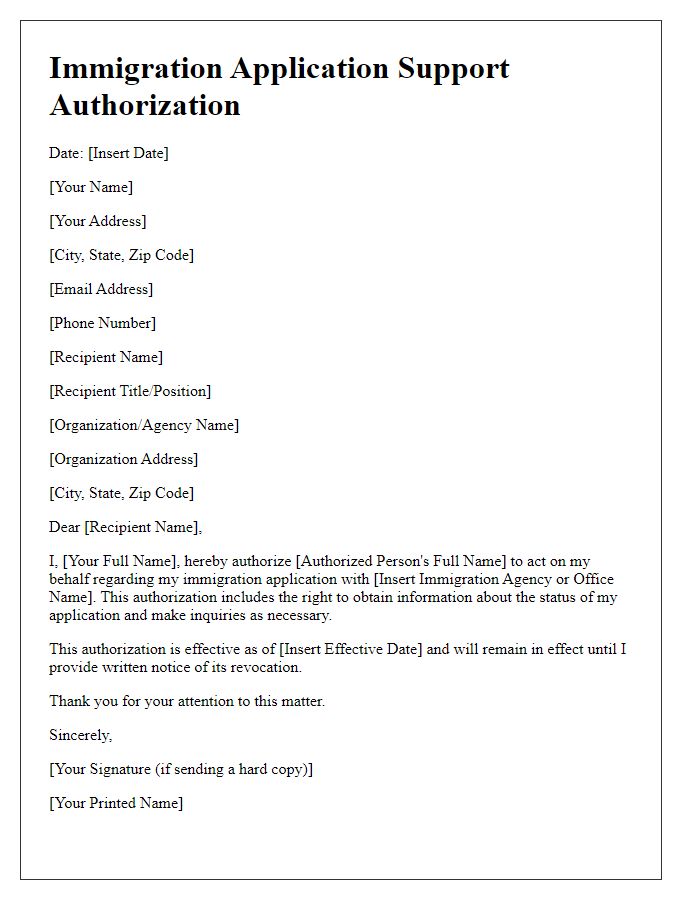
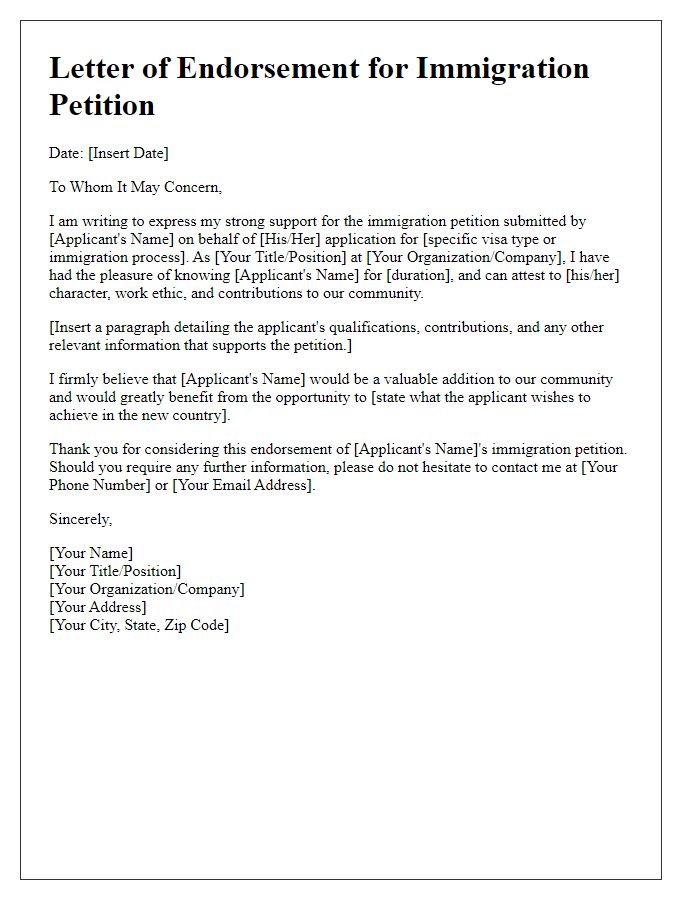
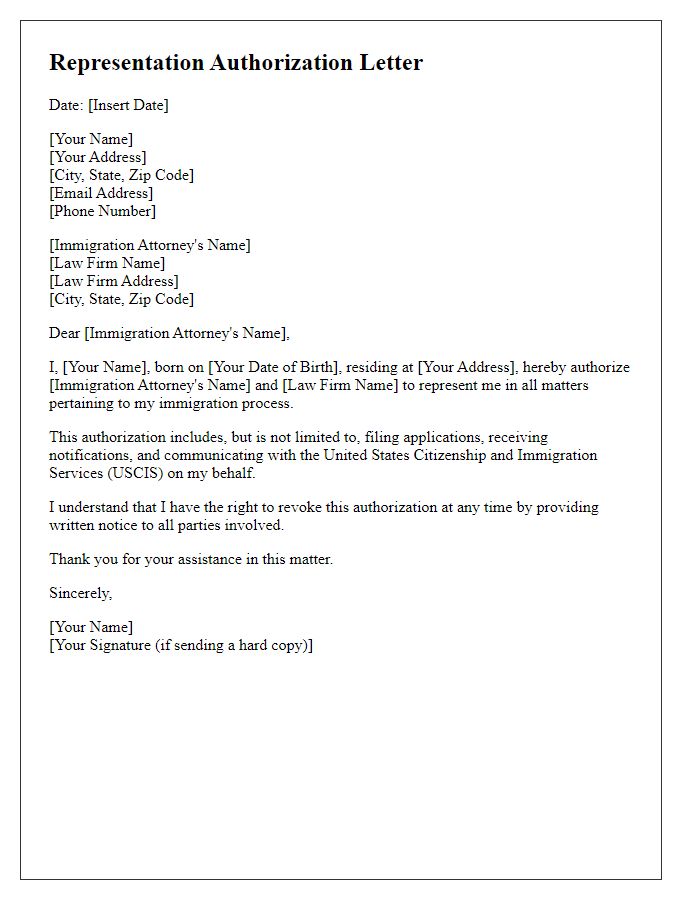
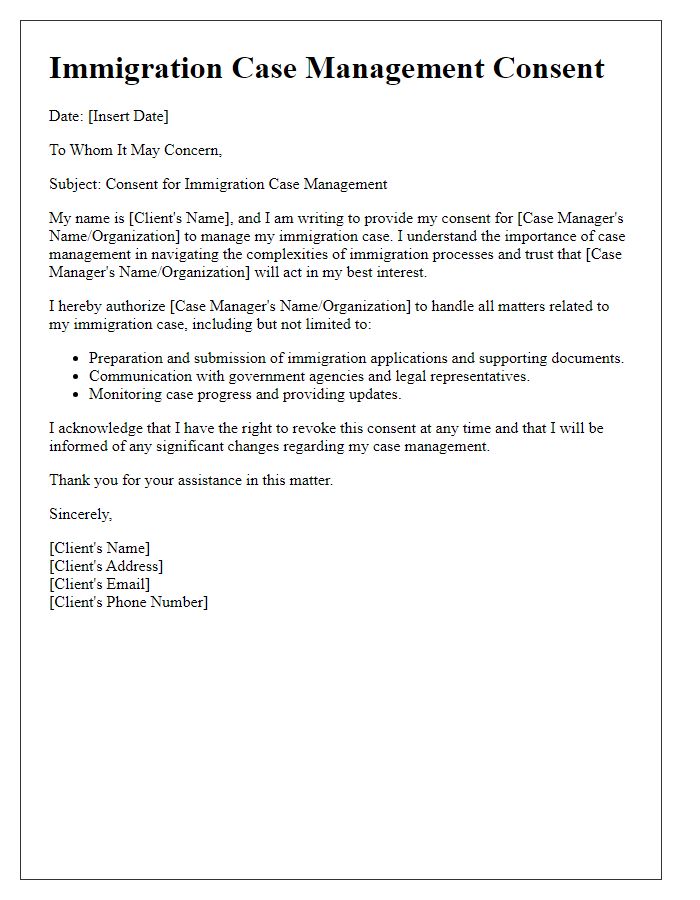
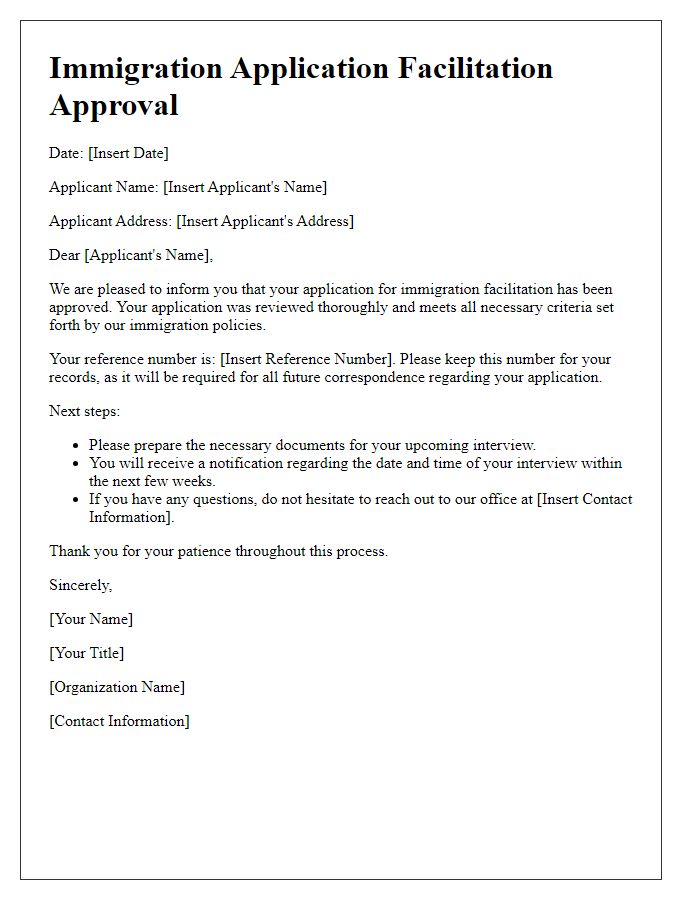
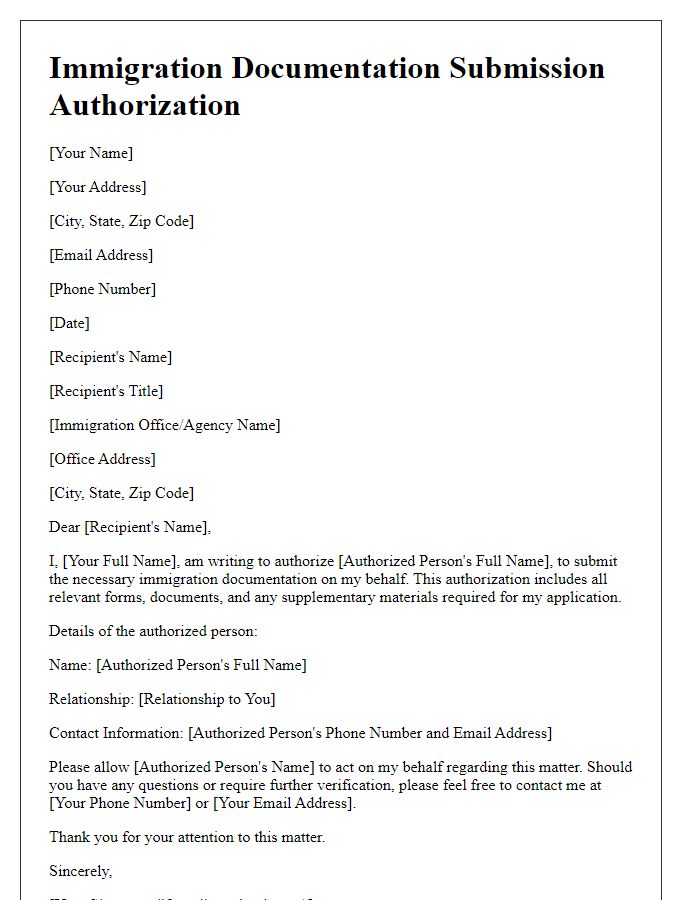
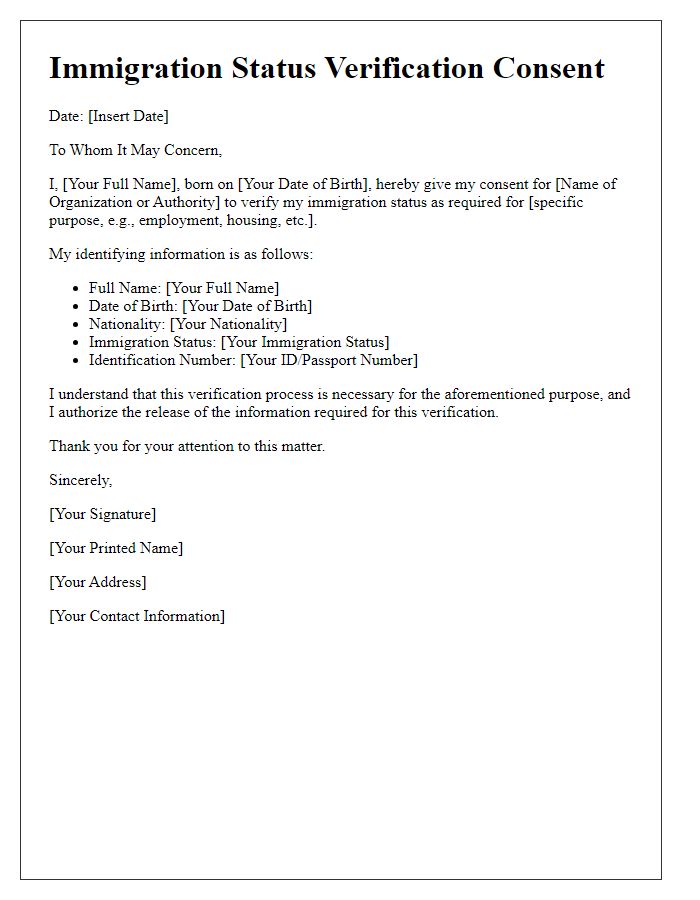
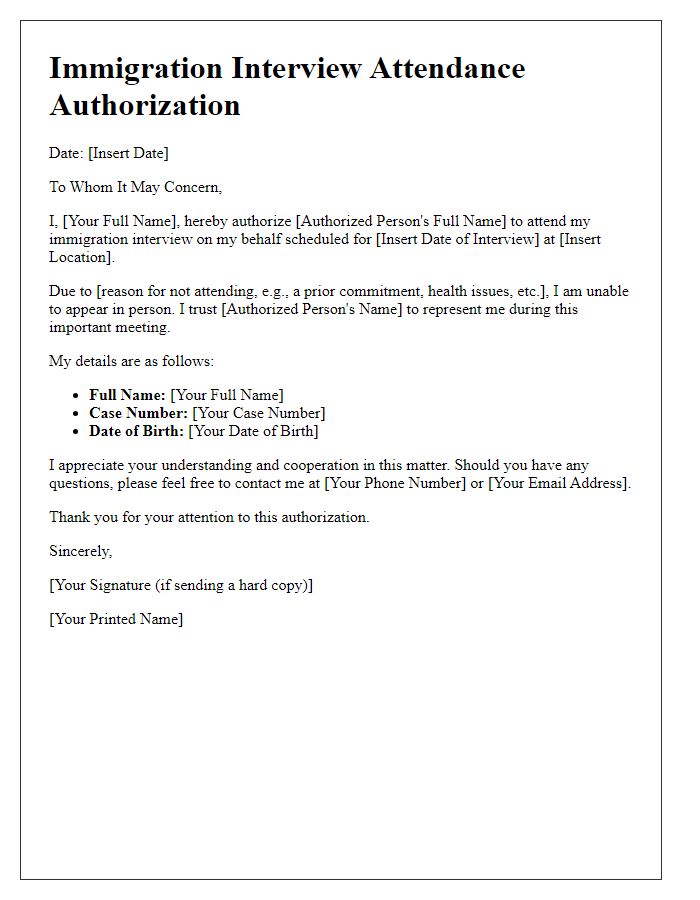
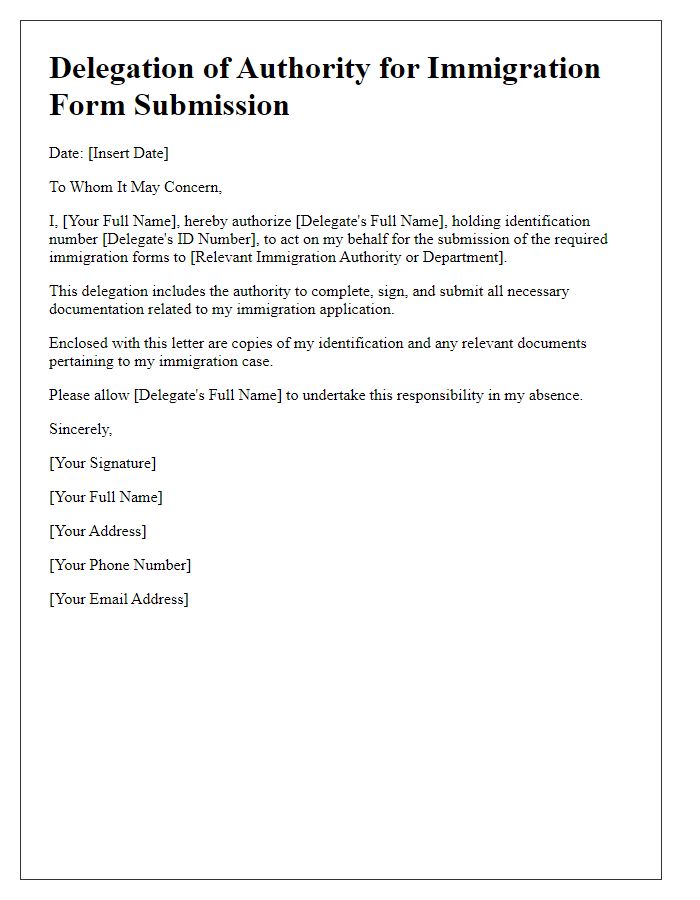
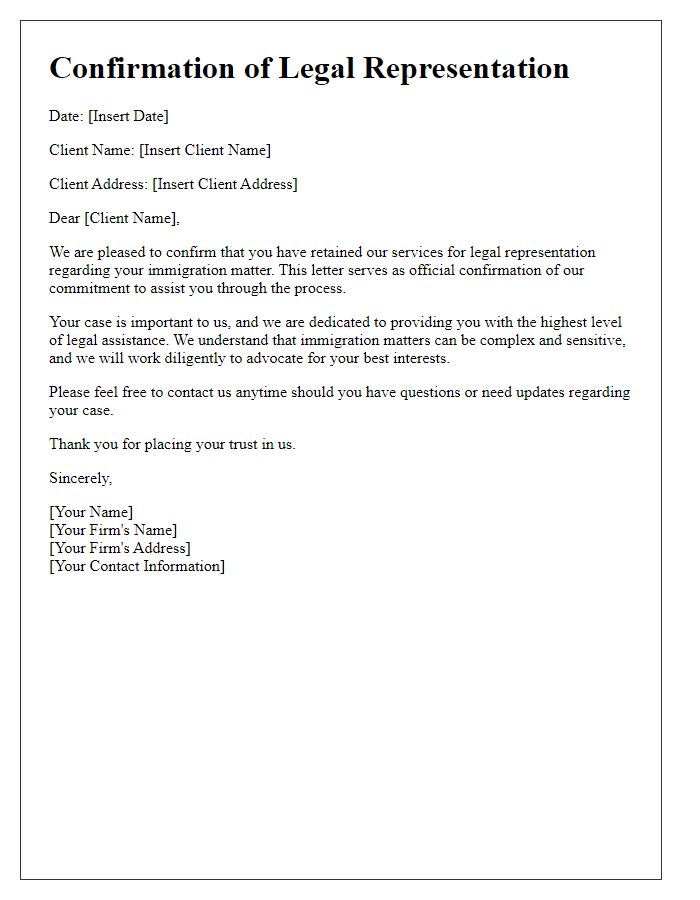

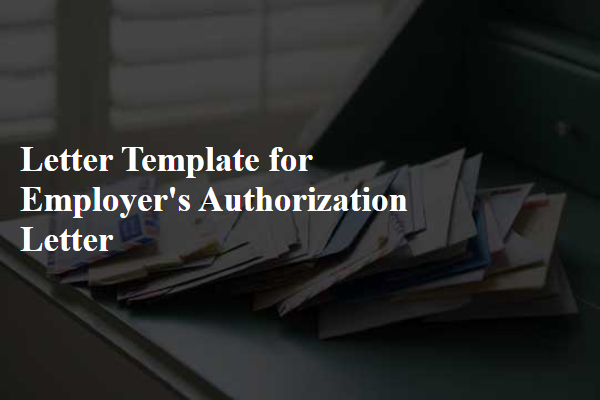
Comments